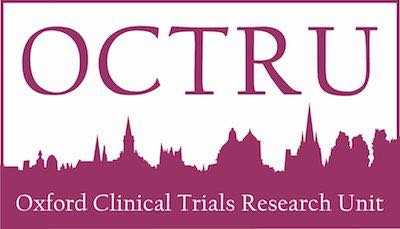Information for Clinicians and Researchers
PEP-TALK is a pragmatic multi-centre, randomised controlled trial which will test a group exercise and behaviour change treatment which targets barriers people have which can stop them being physically active, to maximise their 'whole-body' health and the effect of this on their NHS needs.
If shown to be effective, this group-based treatment for people who have difficulty in being more active, could improve these individual's health and well-being, and could save the NHS money by reducing visits to GP practices because of other medical problems which physical activity can reduce.
BACKGROUND
Over 206,000 hip and knee replacements were performed in the United Kingdom (UK) last year. As well as joint pain, half of these people have other diseases such as high blood pressure, heart disease, diabetes and depression.
Physical activity is known to improve these conditions. Before a hip or knee replacement, it can be difficult to be physically active because of pain and fatigue. It is hoped that after joint replacement, this improves so people can be more active. However, people after hip or knee replacement are often no more active than before and, importantly, do not know how to be. They miss out on some of the health benefits which joint replacement can offer.
AIMS AND OBJECTIVES
The aim of this study is to answer the research question: Does a group exercise and behaviour-change intervention targeted to increase physical activity participation increase health related quality of life (HRQoL) and clinical outcomes following a total hip or total knee replacement?
STUDY DESIGN
The PEP-TALK study is being conducted across four cities in the UK (Oxford, London, Norwich, Sunderland). In total 260-300 people will be randomised.
INTERVENTIONS
Participants will be randomised to have treatment consisting of either
(a) six sessions (once weekly) behaviour change treatment and physiotherapy group exercise with other people after their hip or knee replacement, and three follow-on telephone calls, or
(b) six sessions (once weekly) physiotherapy group exercise alone (no behaviour change treatment nor follow-up phone calls).
Patients will be asked to complete questionnaires to measure the benefits of each treatment six and 12 months after randomisation.
Eligibility Criteria
Inclusion Criteria
-
Due to undergo primary (first-time) unilateral THR or TKR where the indication for surgery is degenerative joint pathology (not trauma).
-
Aged 18 years and over.
-
Deemed as either ‘moderately inactive’ or ‘inactive’ using the General Practice Physical Activity Questionnaire (GPPAQ)) .
-
Have a Charlson Comorbidity Index (CCI) of 1 point or above.
Exclusion Criteria
Participants may not enter the study if ANY of the following apply:
-
Absolute contraindication to exercise such as severe cardiovascular or pulmonary disease.
-
Cognitive impairment defined as an Abbreviated Mental Test Score (AMTS) of less than 8
-
Usual place of residence is a care home.
-
Enrolled onto another trial investigating physical activity or exercise adherence or behavioural therapy interventions.
-
Cannot read and/or comprehend English.
-
Does not have access to a working telephone.
-
Hospital length of stay longer than 6 weeks.
USEFUL LINKS







